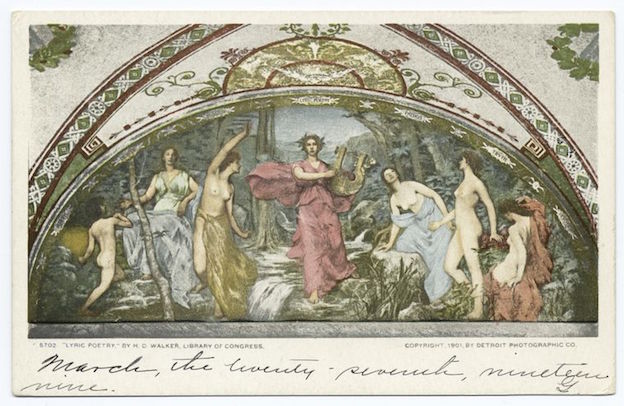At the function dedicated to reopening the US Embassy in Havana, Richard Blanco read from a poem that declared: “No one is other, to the other, to the sea, whether / on hemmed island or vast continent, remember.”[2] His poem, “Matters of the Sea,” projects optimism about unity and renewal — or is it didacticism? — diplomacy? All of the above?




![Georges Didi-Huberman at an October 2014 interview for the SON[I]A podcast series at Radio Web MACBA (Museu de'Art Contemporani de Barcelona). Photo by MACBA.](/sites/default/files/Art_Martin_Didi-Huberman_final.jpg)